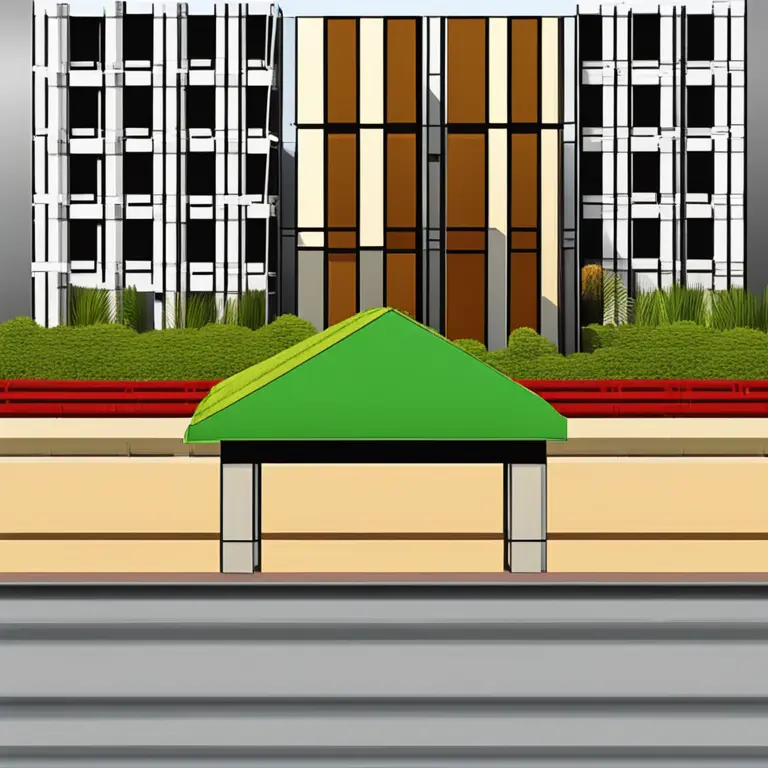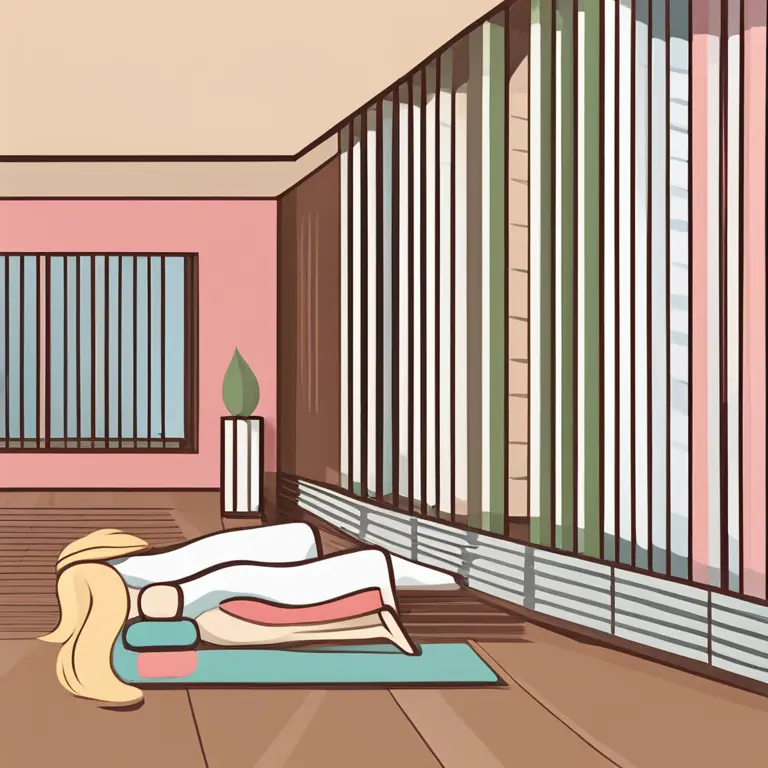
Soothing the Mind: Effective Meditation Techniques for Stress Relief
Discover a range of meditation techniques designed to alleviate stress, promote relaxation, and enhance overall well-being in our fast-paced world.
article by Hina Kurosawa
Introduction to Modern Meditation
In an era where the buzz of technology and the whirlwind of daily life can leave us feeling perpetually stressed, meditation has emerged as a beacon of tranquility. The ancient practice has evolved, adopting new forms that resonate with our contemporary lifestyle. This article elucidates effective meditation techniques that serve as powerful tools to combat stress and foster a harmonious balance between mind and body.

Mindfulness Meditation
Mindfulness meditation is a practice rooted in being fully present and engaged with the here and now. This technique involves observing thoughts and feelings without judgment, fostering a state of compassionate awareness. As you attune to your breath, the sensations in your body, or the sounds around you, mindfulness allows you to witness the ebbing flow of stress without being swept away by it. Regular practice can lead to greater emotional resilience and reduced anxiety levels.

Guided Visualization
With our senses being inundated with stimuli, guided visualization can offer a sanctuary for the mind. This technique involves envisioning a peaceful scene or journey, often accompanied by a spoken narrative. The vivid imagery and focused attention help shift the brain away from stress-inducing thoughts, promoting relaxation. As technology continues to advance, incorporating virtual reality or immersive audio experiences can enhance the impact of guided visualization.

Progressive Muscle Relaxation
Progressive Muscle Relaxation (PMR) is a technique that reduces stress by tensing and relaxing different muscle groups throughout the body. This practice promotes awareness of physical sensations and can be especially helpful for those experiencing stress-related tension. By progressing from one muscle group to another, you cultivate a deep sense of bodily relaxation, which can have a calming effect on the mind and help alleviate symptoms of stress.

Breathing Techniques
Breathwork is a cornerstone of many meditation practices. Techniques such as diaphragmatic breathing, alternate nostril breathing, or paced respiration can regulate the body's stress response. These practices encourage a slower breathing rate, which can lower blood pressure, ease muscle tension, and prompt a state of calm. Integrating breathwork into your daily routine can be a simple yet effective method for managing stress.
Zen Meditation
Zen meditation, or Zazen, is a form of seated meditation that is a central aspect of Zen Buddhism. It emphasizes sitting in lotus or half-lotus position with a focus on posture, breathing, and the clearing of the mind. Through consistent practice, Zen meditation can lead to enhanced concentration, emotional stability, and a profound sense of inner peace. The minimalist approach of Zen aligns well with the modern pursuit of decluttering both physical and mental space.
Yoga Nidra
Yoga Nidra, also known as yogic sleep, is a guided meditation that brings about a state of consciousness between waking and sleeping. Practitioners lie down comfortably and are taken through stages of body scan, breath awareness, and emotional exploration. The practice has been shown to reduce cortisol levels and improve sleep quality, making it an invaluable tool for stress management.
Integrating Meditation into Daily Life
While these techniques provide a solid foundation, the true power of meditation for stress relief lies in consistent practice. Integrating meditation into one's daily life need not be time-consuming; even a few minutes a day can yield significant benefits. With the rise of wellness apps and online communities, support and guidance are more accessible than ever, making meditation a readily available resource for combating stress in the modern age.
Published: 1/18/2024
Modified: 1/18/2024
More predictions
Come back here soon to learn more about yourself and your future


The Science View: Meditation & Brain Health
Delve into the science of how regular meditation practices can influence and improve brain function and overall mental health.


Meditation's Effect on Blood Pressure
Discover how meditation can contribute to lower blood pressure, offering a serene path to cardiovascular health in this in-depth article.